Challenging the stereotypes of social housing in Sheffield
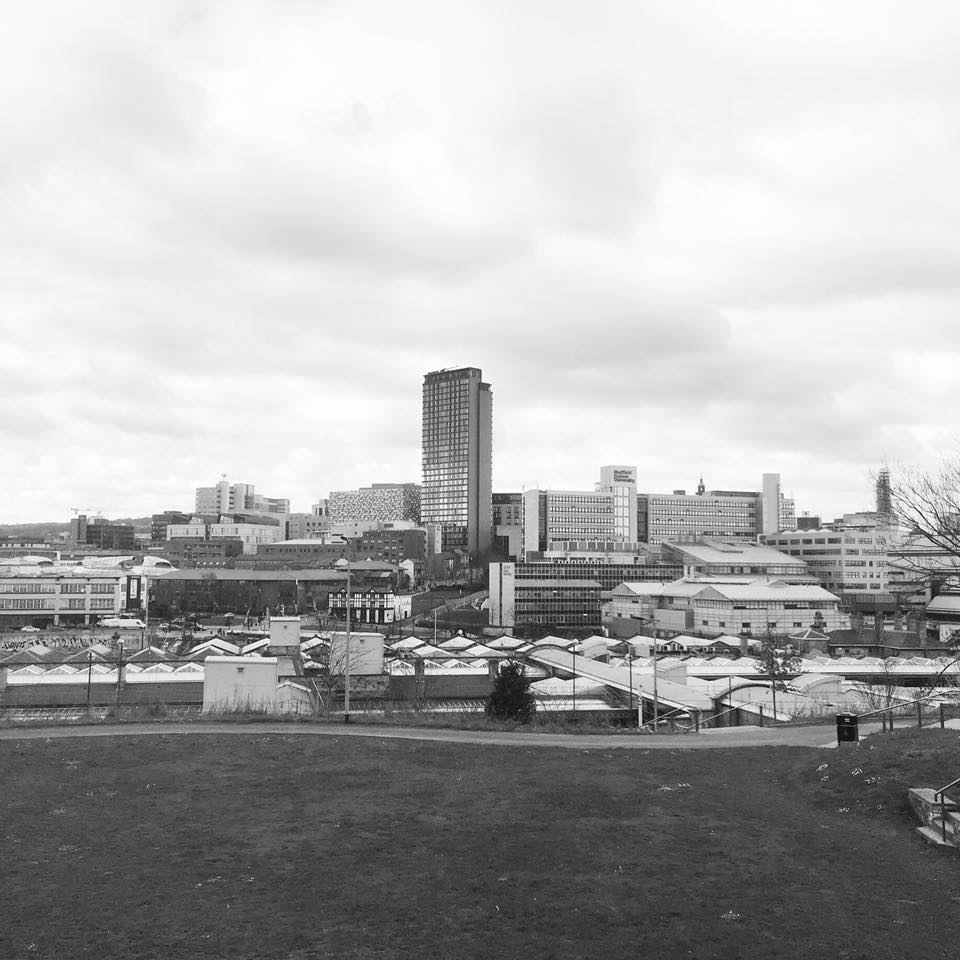
Social housing in England is currently at an all-time high. In 2018, just over 334,000 social houses were let to rent.
There are simply too few social homes in the United Kingdom available for rent, with the ever-increasing demand for housing causing pressure on local authorities.
Despite the demand, there is still a lot of stigma and stereotyping attached with being a social housing tenant.
South Yorkshire Housing Association (SYHA) who have provided affordable social housing in Sheffield since 1972, are backing the Benefit to Society campaign to end these stereotypes.
The Benefit to Society campaign is challenging the stereotypes that are created and perpetuated by local and national media
The extent of the media's influence is shown in the table below.
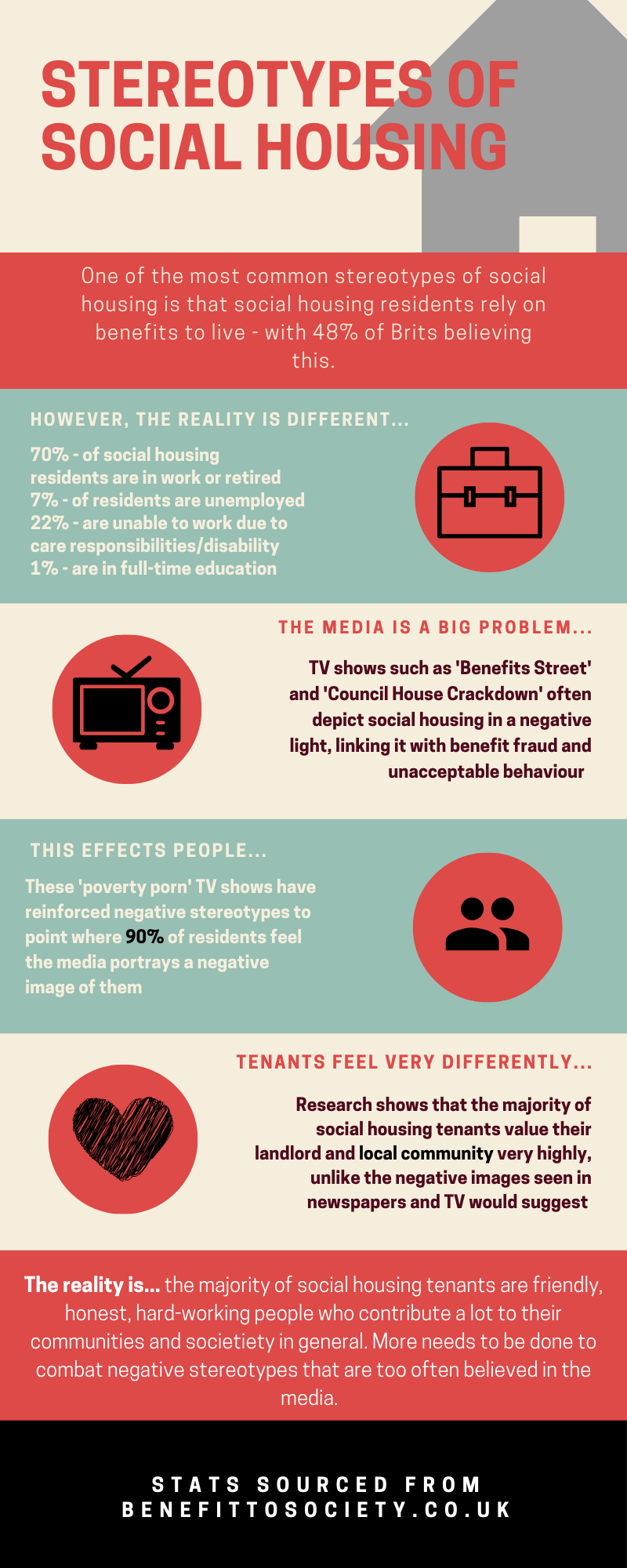


Katherine's story
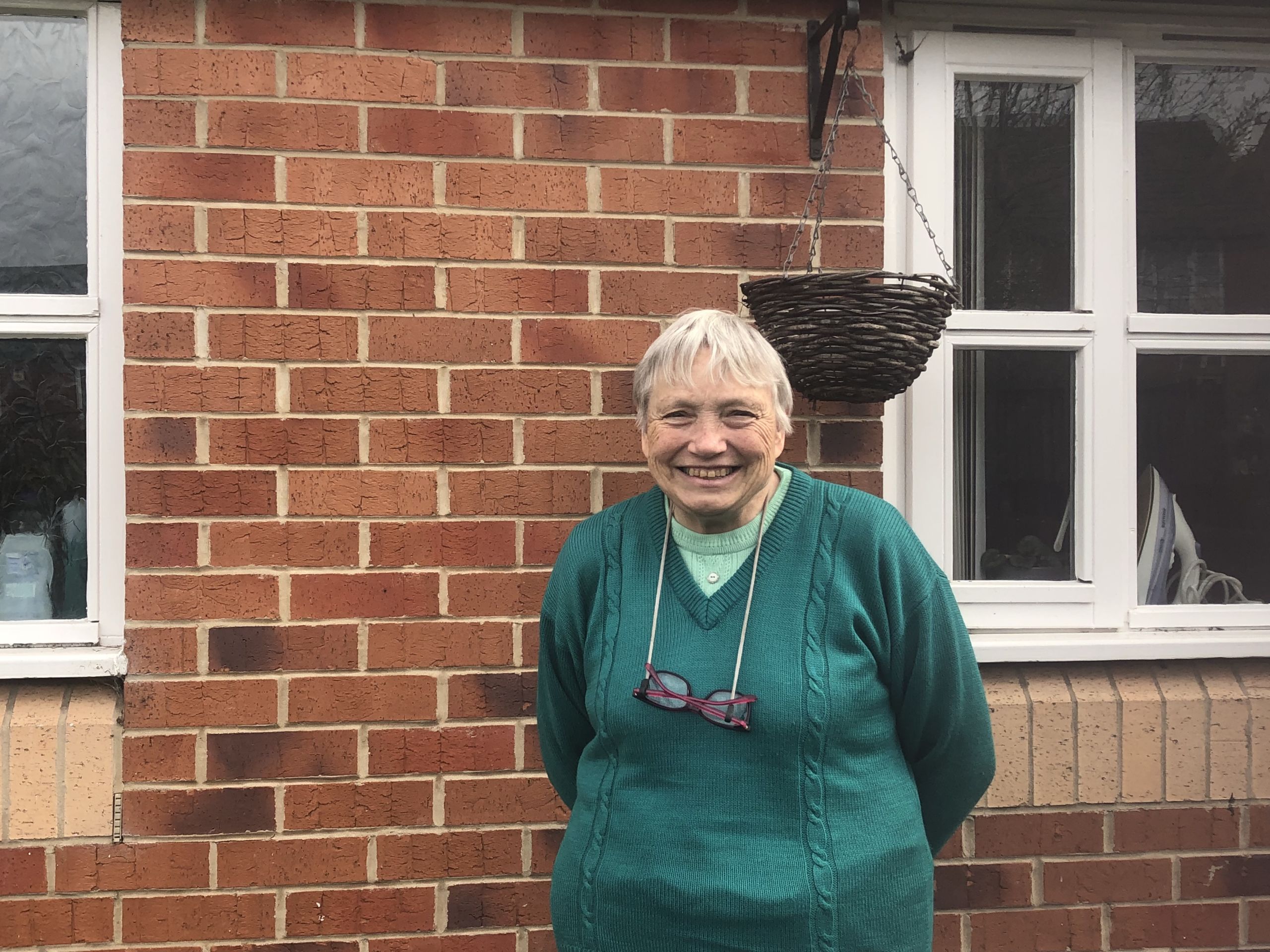
When Katherine Chambers left her keys in the door of her Upperthorpe home, she would have returned to find it ransacked, if you were to believe the stereotypes of social housing estates.
But this was not the case, a neighbour called SYHA to let them and Katherine know of the situation and she returned to an untouched house.
Katherine, 69, has lived in social housing since 1979. She was a single parent when she first came to SYHA and since then has actively worked with them.
From 2009 to 2018 she served on SYHA's Board and worked closely with their LiveWell customers and designed services which met their needs.
On International Women's Day last year she received a Woman of Achievement (Leadership) award for her work.
The LiveWell services provide support to users of SYHA with anything from supported living schemes - which help users to find homes, employment and develop news skills - to specialist services for those with mental health problems, addiction etc.
She now works on the customer panel, and said: "I really enjoyed being on the board for SYHA" and that she wanted to continue working with people in social housing.
She explained the stereotypes she has come across over the years.
"People from social housing are classed as being out of work, not doing anything to help society, rough, stealing - criminals really.
"The government and newspapers often choose the worst estates, where there's always problem and that's how most people see social housing", she said.
Katherine's daughter, who lived in social housing as a child shares some of the stereotypical views.
Katherine said: "when my daughter visits she is constantly checking out of my window to see if her car is okay as she thinks something bad will happen to it here."
But Katherine insists that her community is nothing like the stereotypes.
"Nothing bad happens where I live, it's a community and we all help each other out"
When describing her neighbours, Katherine said: "My street is a real community, everybody helps one another out."
Her area also has it's own bus service, the number 10, and everyone who uses it knows each other and the drivers.
Katherine herself is a member of City church which puts on workshops for the community, runs a debt advice service and a food bank.
The food bank, which is based at Shirecliffe community centre, provides a delivery service to the S5, S11 and S9 areas and they meet every Tuesday and Thursday to put the packages together.
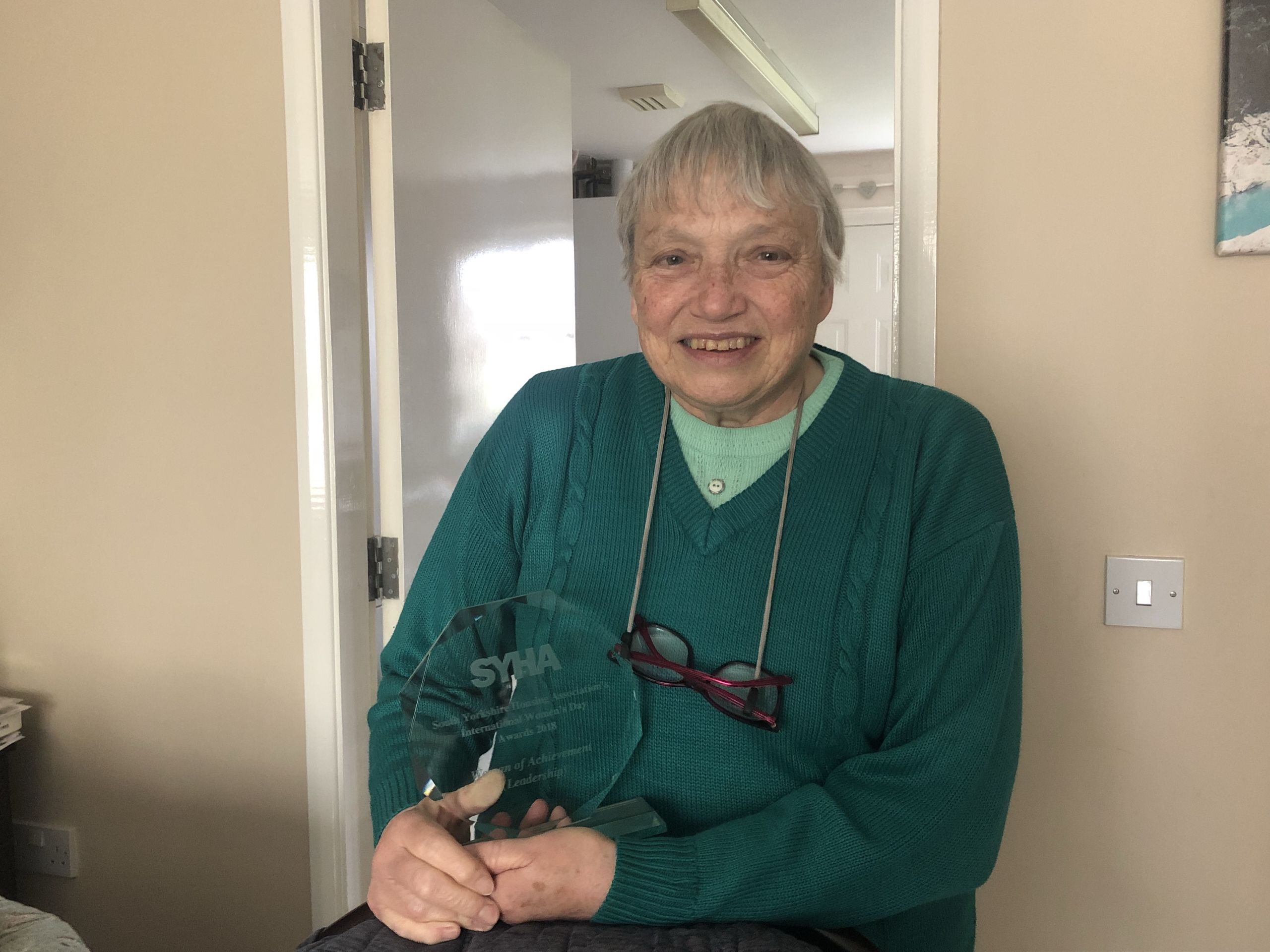
Katherine with her SYHA award
Katherine with her SYHA award
As well as this her church offers people the chance to cook and eat meals together, conversation clubs for those learning English and wanting some extra help and a mums and toddlers club.
Most common sterotypes revealed from our survey via social media
The most common responses were anti-social behaviour, 'chavs' and crime. These responses were from people living in social housing and are the common stereotypes they deal with on a daily basis.
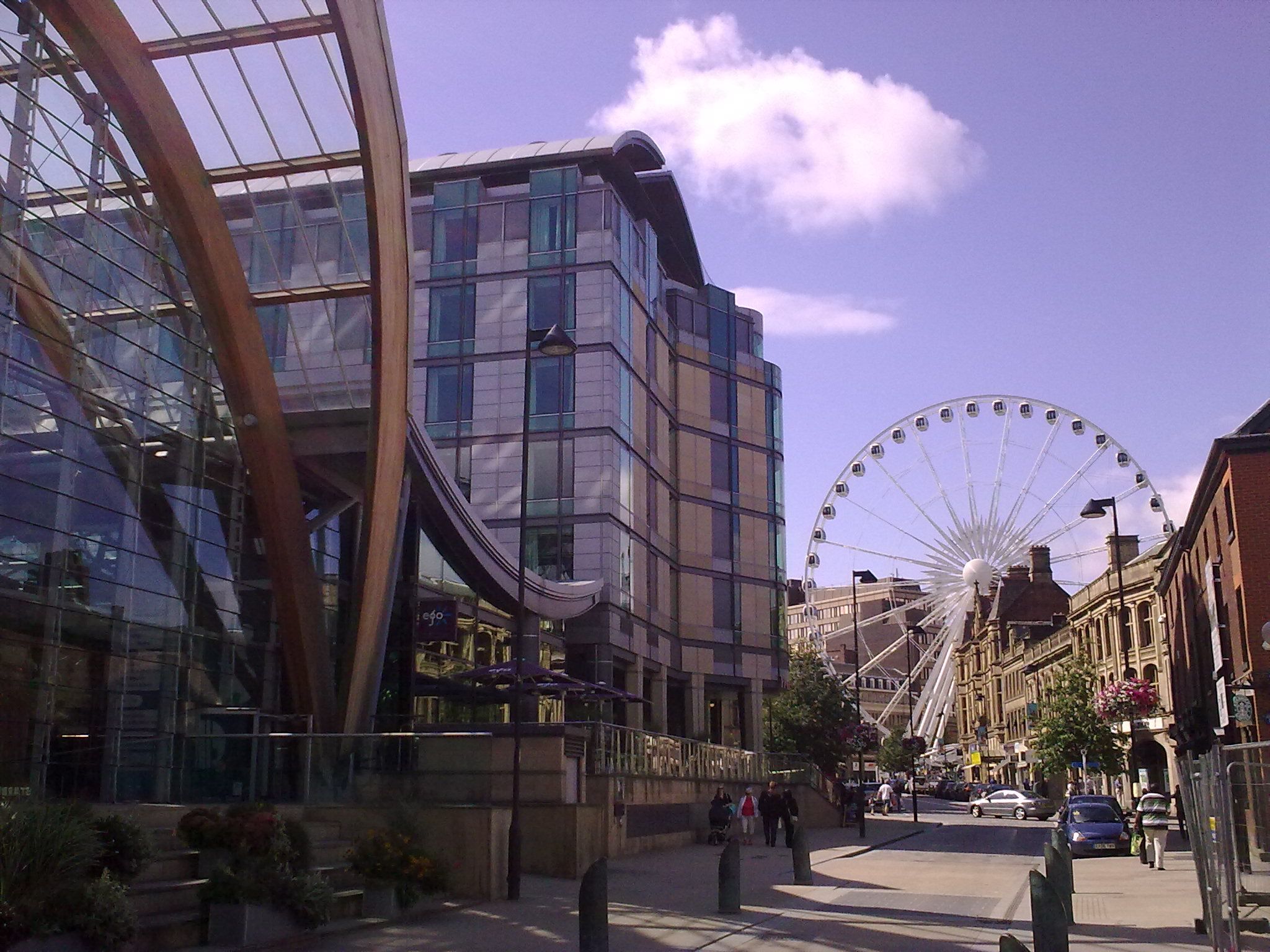
Above all it's important to note that these stereotypes must not be accepted and do not summarise social housing.
Many tenants, like Kath are working to combat these stereotypes, as are SYHA.
James Smith, tenant engagement officer for SYHA said: "As a Tenant Engagement Officer I visit individuals, families and communities across South Yorkshire who love their homes and are really proud to live in social housing.
"The vast majority of people spend their time studying, working, volunteering, raising families and doing brilliant things for other people – not damaging cars or causing the sort of trouble that’s so often reported in the media."
In response to Katherine's daughters opinions about social housing, James said: "Hearing that someone who grew up in social housing still fears this shows the significant impact that the media has in fuelling these stereotypes."
